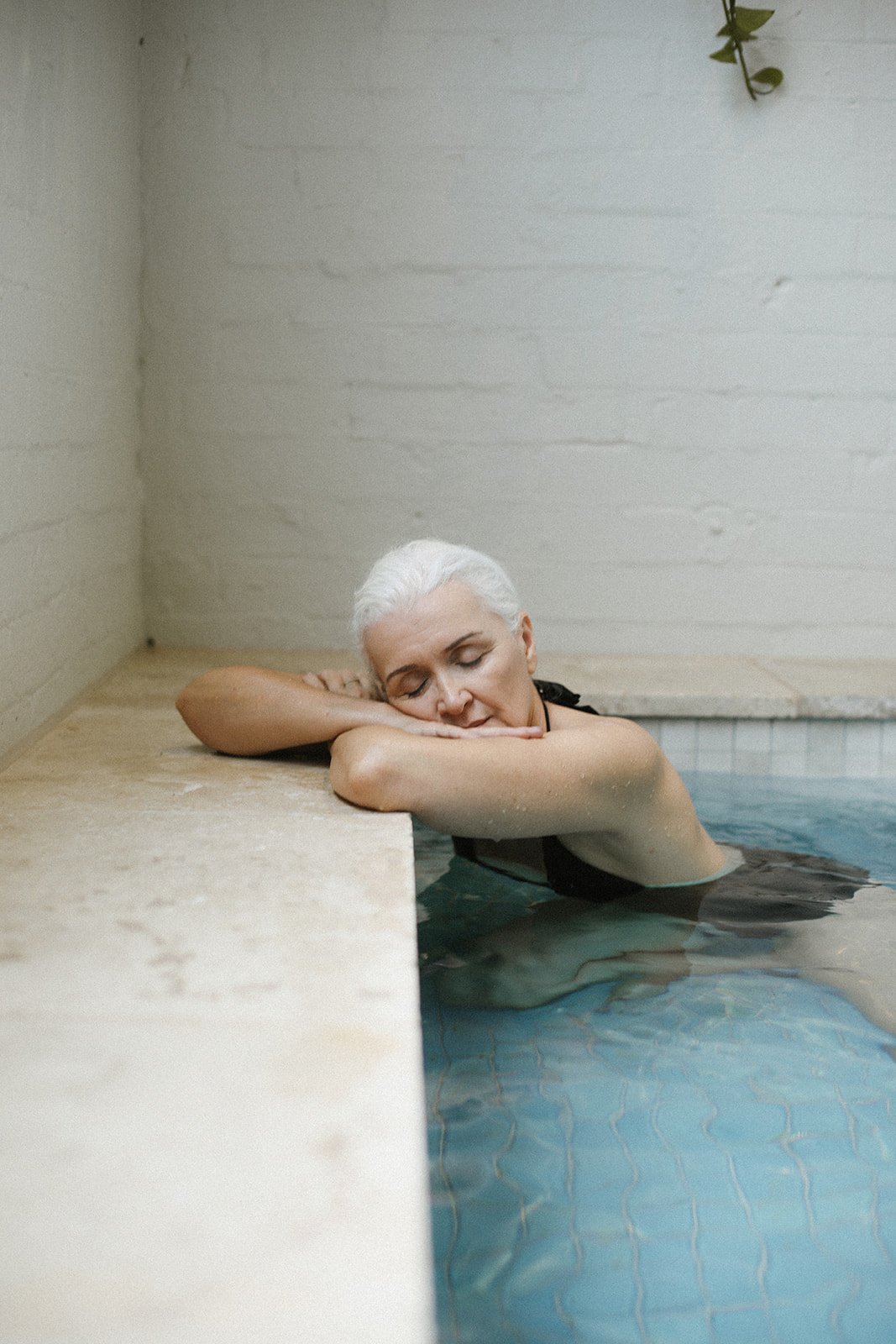When did 'self-care' become so competitive?
While there are many good things about a phrase like self-care becoming common in our everyday language, with increased awareness and articulation of the importance of looking after ourselves, the flipside is that words and concepts can become both commodified and competitive. When we are busy, stressed, or unwell, we might look to others’ stories of self-care and feel like we are failing, or losing a race we didn’t realise we were in. How do we resist these narratives and competitive thoughts when we are constantly exposed to others’ self-care ‘achievements’ online?
A product or problem of a competitive and commodified culture, and one that values output over experience, is that the things we like to do and that make us feel good, can conversely make us feel bad if we don’t get to them. If the daily meditation, yoga or walk become part of the to-do list, things to be ticked off, then we risk losing their actual benefits: a mindful moment, time in nature, a chance to listen to our bodies.
The online world can be a minefield of aspiration as well as demotivation. Although we might consciously choose to follow a certain person or business because we like their values and they inspire us to live in a way we would like to - particularly when it comes to eating well, exercising, resting and mindfulness - at certain points in our lives we can feel less receptive to them. We see something that could be positive, but instead makes us think we should have done that, we are failing, we are too busy or strained to focus on those things at the moment. Rather than feeling inspired, we can feel demotivated.
The concept of flux and fluidity at these times can be helpful. Just like it is with the changeable nature of our bodies and lives, these moments of change can be welcomed. It’s okay to switch off from content, from the eternal output of the online world, when it doesn’t feel right for us, when we realise self-care is becoming a competitive and unhealthy narrative in our minds.
Switching off could be a screen break, or simply choosing what we consume online - if content has shifted from aspirational to uncomfortable, it’s time to rethink what we expose ourselves to, and remember that we can choose.
We can also go a little inward. It’s easy to forget that we can be our own source of care, as this quote from the writer Herman Hesse reminds us: “Within you, there is a stillness and a sanctuary to which you can retreat at any time and be yourself.” Resisting the consume-and-share cycle of the online world, particularly when it comes to self-care, can be a way to make it truly ours. A goal being just your own, perhaps small yet significant: to rest, to sleep, even to adjust our view of what self-care is, based on everything else happening in our lives - work, relationships, hormones. And with this, ensuring those goals are only for us. As mentioned in a Ted Talk by Dima Abou Chaaban, a psychology and cognitive neuroscience graduate, ‘Self-care is not a one-size-fits-all.’ But it does have positive benefits when we do it right: self-care ‘produces neurotransmitters that are responsible for making us feel good.’ Seeing ourselves as the fluid, changeable bodies that we are and listening to that, rather than the external noise, may be just the best thing for us today.
Words by Katherine Brabon


